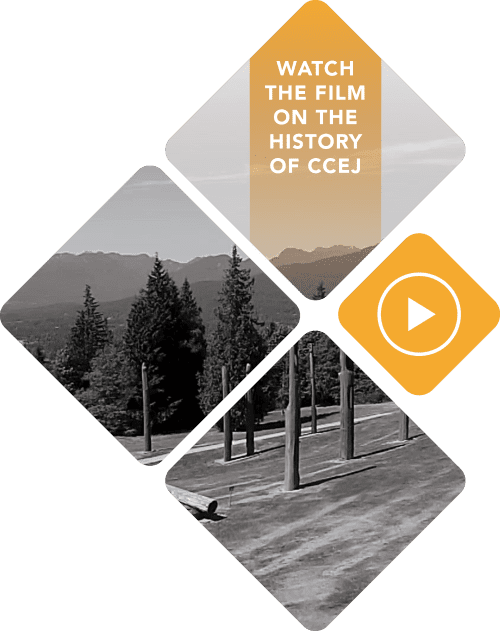Who we are
“Education has a role to create social change. It has a role to create a certain kind of individual that will go out and participate…we live in a democracy where democracy only works if people are participating in a proactive way and working together collectively to shape the future of our society. And unless you have students and young people who have a breadth of understanding of the needs of others and a commitment to building community and a commitment to caring and showing compassion to one another, then I think our world is in a very sorry state. And so we have an obligation, as educators, to work towards those really important ends. Students will forget much of what they learn in school. You can never take away what they become as people.”
– Dr. Wanda Cassidy, Dare to Care film, 2008
The mandate of CCEJ is to advance justice and an equitable, democratic society through education. We believe that such a society requires citizens who are socially aware of the plights and privileges of themselves and others, who understand how institutions shape our relationships with and responsibilities towards one another, and who are civically engaged in taking action to advocate for and foster the wellbeing of all peoples. As such, our work can be understood as the weaving together of these three areas of research and action: on expanding social awareness, developing institutional literacy, and modeling civic responsibility.
Our research related to the area of social awareness builds on the well-established scholarship in the social foundations of education field, which aims to understand how we learn about one another, especially across matrixes of difference. It asks us to understand the dual conditions of individuality (one’s unique gifts, personality and traits) as well as group membership (our shared experiences with others like us). We contribute to research that examines how our different identities (among them, of gender, race, sexuality, class, ability) shape our experiences in the social world, especially in terms of access or distance from structures of power. Among the CCEJ’s work on this front is our curriculum library for educators across K-16, the goals of this library are to provide academically grounded resources (“lesson sparks”), professional development (“idea sparks”), and curricular supports for educators when integrating identity (e.g. gender, race, class) and social issues (racism, Islamophobia, cyberbullying, colonialism) into their teaching practice.
Our work related to the area of institutional literacy explores how institutions (such as schooling, policing, media, government, and law) shape our relationships and responsibilities towards one another. Understanding how institutions work is the next dimension of community-responsiveness – that is, in order to participate in society people develop rules for the public sphere that (at their best) aspire to be inclusive of the diversity of citizens and views in our communities. Among our work in this regard is our Action for a Just Society research project, which examined youth understandings of citizenship, human rights, sustainability, and identity as they are shaped by the law. While institutions can serve as the “social contract” of our rights and responsibilities, they are not without their flaws. Institutions bear the cultural, political, and ideological fingerprints of their creators. And history is full of the implicit exclusion of certain peoples (marriage equality, access for peoples with disabilities), as well as explicit exclusion of certain peoples from the public contract (voting franchise, access to housing, rights of schooling, freedom from harassment, among many others). And thus learning about institutions, historically as well as in the present day, is one way that we as citizens in a democracy can see, name, and ultimately expand the rights and responsibilities we all share for the public good. This aspect of CCEJ’s work includes our research activities related to cyber/bullying, which examines how identity and institutional policies (schools, media) interact with social issues to either facilitate or to disrupt systems of bullying.
And as captured in the quote by our founding Director Dr. Wanda Cassidy, democracy depends on an active not passive citizenry, people who will proactively participate to make our communities better for everyone. Our Centre’s work on this front lands in large part on modeling civic engagement. We do this through knowledge mobilization of the Centre’s research output into the public domain so it lives beyond the Ivory Tower (for example via media engagements on current issues, or longer podcast interviews on issues in public education). We also conduct research on what active citizenship actually looks like, and work with teachers to facilitate these kinds of projects in their schools (see: Cassidy, Sensoy, & Beck, 2020). The Centre’s earliest work on mock trials was groundbreaking for its time (see: Cassidy & Manley-Casimir, 1993; Cassidy & Yates, 2005). Ultimately, knowing and not-doing is not an option, and thus we aspire to both advance knowledge on issues of education and justice through research, as well as to mobilize that knowledge in action towards social betterment.
Organizationally, CCEJ is led by a Director (Dr. Özlem Sensoy) who works collaboratively with an Associate Director (Dr. Amy Parent Noxs Ts’aawit), as well as researcher collaborators, classroom teachers, leaders, and administrators, community partners, graduate students, research staff, as well as support staff towards our mandate to advance justice in society through education. CCEJ consults its Steering Committee, and reports to the Dean of Education and submits an annual report on its activities to the Vice-President Research at SFU.
References
Cassidy, W., & Manley-Casimir, M. (1993). The educational value of mock trials as an instructional approach at the elementary school level: A report to the Law Foundation of British Columbia. Burnaby: Centre for Education, Law and Society, Simon Fraser University, 1–76.
Cassidy, W., Sensoy, Ö., & Beck, K. (2020). From rhetoric to reality: Identifying opportunities and barriers in educating for human rights. Journal of Global Citizenship and Equity Education, 7(1), 1-23.
Cassidy, W., & Yates, R. (2005). Once upon a crime: Using stories, simulations, and mock trials to explore justice and citizenship in elementary school. Edmonton: Brush Education Inc.
Cassidy, W. (Co-Producer) with M. Hawley and D. Van Poelgeest, Producers (2008). Dare to care: Transforming schools through the ethics of care. Life is Short Entertainment. Distributed internationally by the National Film Board of Canada. Winner Best Documentary Under 30 Minutes at the COMMFEST Global Film Festival, Toronto, September 2010.
BRIEF HISTORY OF CCEJ
The first Canadian National Conference on Legal Education for Youth in Schools was held in Saskatoon, Saskatchewan in 1980. At the time, Wanda Cassidy was Director of the Schools Program for the British Columbia Legal Services Society, and was one of the conference organizers and presenters. Michael Manley-Casimir was an Assistant Professor in the Faculty of Education at Simon Fraser University and attended the conference due to his interest in education, law, and school decision-making. That’s where they, the founders of the Centre for Education, Law, and Society at SFU, met.
In discussions, Mike and Wanda became convinced that a program in a Faculty of Education was needed in order to educate teachers (and prospective teachers) about important social justice and law-related issues, so that these themes could then, in turn, be taught in informed ways, to students. Together, they organized an intensive three-week Summer Institute for teachers at SFU. This incredibly successful institute would soon, in 1982, result in the awarding of “seed money” from The Law Foundation of British Columbia, to investigate the possibility of formally establishing a centre for law education in the Faculty of Education. To begin working on this project, Wanda made the move from BC Legal Services to SFU, and together with Mike they sought additional funding from various sources to advance their work. The Centre for Education, Law and Society (CELS) was formalized via the approval of SFU’s Board of Governors in 1994 with Mike and Wanda serving as Co-Directors.
In these early years, their efforts resulted in funding from the Canadian Law Information Council to research and develop a working definition of legal literacy, which included not only legal understanding, but also citizen empowerment and advocacy. They wrote a three-volume book for teachers (with student guides), examining precedent setting legal cases in Canadian history, as recommended by a panel of Canadian jurists. They developed the first online legal education journal for teachers and students, called The Legal Beagle, which included an “ask an expert” Q & A feature. This resource was refined and expanded with funding support from multiple sources to eventually become The Law Connection, which provided online legal and resources information on a different legal topic each month.
Four, for-credit courses to teach teachers about legal issues and pedagogy were also developed (and continue to be taught) in the Faculty of Education. The CELS team (now including support staff, research collaborators, and graduate research assistants) also led two province-wide assessments of K-12 social studies education, funded by The BC Ministry of Education, which showed a dearth of students’ understanding of their roles, rights and responsibilities of citizens and the need for a more provincial resources allocated to teacher education and to producing engaging classroom materials.
CELS conducted research to show that elementary-aged students learned important legal concepts through participating in mock trials and other role plays geared to their level. Two books were produced: Let’s talk about law in elementary school (Cassidy & Yates, 1998) and Once upon a crime: Using stories, simulations, and mock trials to explore justice and citizenship in elementary school (Cassidy & Yates, 2005). Elementary students typically held their fairy-tale-based mock trials at their local courthouse, in full costume, often with local judges presiding. Needless to say, it was an education for all parties! University students studying to be teachers and enrolled in the CELS-developed SFU education course, Teaching about Justice, Law, and Citizenship, were also asked to participate in a mock trial or moot appeal as one of their course assignments, to better understand the educational benefits; students at this level also conducted their trial in full regalia at the local courthouse.
Throughout the mid-to-late-1990s many important changes occurred. Wanda earned her Ph.D. from the University of Chicago and secured a tenure-track position in the Faculty of Education, Mike left SFU to become Dean of Education at Brock University where he remained until his retirement. Wanda now was at the helm as Director (where she served for over 25 years until her retirement in 2022). During this time, Wanda continued to seek new opportunities and ways to improve the legal literacy of teachers and youth throughout the province, across Canada, and increasingly gaining recognition internationally.
It was during this period that she consulted with the independent provincially-approved school, Whytecliff Agile Learning Centre, to provide curriculum and pedagogical assistance to their students, who had been pushed out of public schools due to their co-occurring intersectional challenges (Cassidy & Bates, 2005). In collaboration with the non-profit agency running the school, she secured funding from the Canadian Department of Justice to hire Indigenous educator, Davita Marsden, to support Indigenizing the curriculum for the students (see Cassidy & Marsden, 2009).
Drs. Özlem Sensoy and Kumari Beck, new colleagues in the Faculty of Education hired in the mid-2000s, became closely associated with CELS, participating in various research activities. Özlem stepped in to a partnership role as Associate Director in 2014. Together, the team received funded from The Law Foundation of BC for a 4-year research and curriculum development project called, Action for a Just Society, which examined students in grades 6-10 understandings of identity, human rights, environmental sustainability, and citizenship. Kumari and Wanda also worked collaboratively on a SSHRC-funded research project on the ethic of care in schools, which resulted in the production of the award-winning film, Dare to Care: Transforming Schools Through the Ethics of Care (2008).
The ethic of care research led to an investigation of ways to foster the caring ethic in the cyber world. Technology was proliferating and social media platforms were increasingly becoming venues for cyberbullying. During this period, CELS led three studies at the K-12 level, jointly with colleagues in Criminology. The goals of these projects were to understand the extent, impact, and solutions to cyberbullying. These projects led to further SSHRC-funded investigation of cyberbullying at Canadian universities: student to student; student to faculty; and faculty to faculty (see Cassidy, Faucher, & Jackson, 2019).
The most recent projects at the Centre continue to examine the relationships among matters of rights, justice, and law, in the context of schooling and wider public knowledge. As part of its commitments to translating knowledge produced within the university to the public and for the public it serves, CELS has always had the mandate to mobilize research about law and justice issues in education in productive ways. We do this by supporting educators at all levels in expanding their own understanding and resource base for their practice. Since 2018, the Centre has launched a new initiative housed on our website called the curriculum library. The goals of this space are to provide professional development and curricular materials in support of educators (across the K-16 spectrum) teaching about social issues.
After decades of service to CELS, helping to establish the Centre, set its agenda, create a tone of scholarly and pedagogical excellence, Dr. Cassidy retired in December of 2022. Upon her retirement, the Centre for Education, Law, and Society was renamed in her honour: the Cassidy Centre for Educational Justice. Dr. Özlem Sensoy serves as the inaugural Director of the newly renamed Centre, and its inaugural Associate Director is Dr. Amy Parent (Noxs Ts’aawit), Canada Research Chair in Indigenous Education and Governance.
References
Cassidy, W., & Bates, A. (2005). “Drop-outs” and “push-outs”: Finding hope at a school that actualizes the ethic of care. American Journal of Education, 112(1), 66–102.
Cassidy, W., Faucher, C., & Jackson, M. (Eds.) (2019). Cyberbullying at university in international contexts. Oxford: Routledge.
Cassidy, W., & Marsden, D. (2009). Aboriginal “ways of being”: Educational leaders, students and traditional Aboriginal knowledge. Values and Ethics in Educational Administration, 7(2), 1–8.
Cassidy, W., & Yates, R. (2005). Once upon a crime: Using stories, simulations, and mock trials to explore justice and citizenship in elementary school. Edmonton: Brush Education. Cassidy, W. (Co-Producer) with M. Hawley and D. Van Poelgeest, Producers (2008). Dare to care: Transforming schools through the ethics of care. Life is Short Entertainment. Distributed internationally by the National Film Board of Canada. Winner Best Documentary Under 30 Minutes at the COMMFEST Global Film Festival, Toronto, September 2010.
HOW DOES AN ENDOWMENT WORK?
In 1982 Michael Manley-Casimir and Wanda Cassidy received $21,000 (Cad.) seed money from The Law Foundation of British Columbia to investigate the possibility of establishing a centre in law education in the Faculty of Education at Simon Fraser University. This first grant was followed by a second strategic grant of $285,000 in 1984 from The Law Foundation to develop a centre to promote law-related education in the schools, with a focus on teacher education, curriculum development, research, and community initiatives. This was the first such centre to be established at a Canadian university. As the needs unfolded, project-specific funding was further received from such provincial and federal funding agencies as the BC Ministry of Education, BC Ministry of the Attorney-General, BC Ministry of Municipal Affairs, Department of Justice Canada, Secretary of State, Multiculturalism and Citizenship Canada, Canadian Law Information Council, and the Social Sciences and Humanities Research Council of Canada, among other agencies.
When the Centre was initially established, however, it was (like many research Centres) on the “funding treadmill” – that is, before one grant was completed, the Directors were seeking funding from other agencies to ensure the work was continuously supported. What most outsiders to universities do not know is that most research centres at universities have to compete for research money (typically by applying for project-specific, research funding) in order to pay for the Centre’s research activities. Activities such as research staff (mostly graduate students who work as research assistants), as well as any other resources a Centre may need (such as computer equipment, inviting guest speakers or lecturers, paying for conference activities, or other equipment and resources necessary for research and research dissemination). While faculty members have access to small pools of ongoing support for non-project-specific, exploratory discretionary spending (typically around $1000 within an academic unit, per faculty member per year to pay for conference activities, books, research supplies, etc.), Centres do not have access to any “base” funding. Thus they often function through a combination of project-specific, time-limited grants, or they work to establish an endowment (a pool of money managed by the university, which the Centre receives a percentage of annually as its base operating budget).
In 1988, Simon Fraser University and the BC provincial government established a program, whereby funds secured for an endowment were matched. Mike and Wanda worked with the SFU Advancement Office to establish an endowment, which would allow a consistent flow of funds to the centre so that long-term planning could take place. The aim was to raise $1 million by 1991, which was accomplished through generous contributions from The Law Foundation, the Real Estate Foundation, the Notary Foundation, the Simons Foundation, law firms Borden Ladner Gervais LLP, Farris, Vaughan, Willis & Murphy, Freeman and Company, Ladner Downs, Lawson Lundell LLP, and Stark Christian Henderson, as well as a number of individual donors.
This endowment amount has grown and as of 2022 is at $2 million. The major portion of these funds (over 90%) are re-capitalized each year by the university, with a small percentage of the interest returned to the Centre annually. Having a relatively stable base budget allows us to plan out our project-specific research targets, for the base budget alone does not cover project-specific research. We use our base budget to hire graduate research assistants in order to continue activities related to the Centre’s mandate, and to offer research experience and support for graduate students as they establish their credentials. The stable foundational funding from the endowment has allowed the centre to grow and prosper. Since its inception, the Centre has brought in an additional (approximately) $3 million in project-specific grants to support our research, curriculum projects, and community initiatives.
The CCEJ is the only endowed centre based in the Faculty of Education at SFU. The Director reports to the Dean of Education and every year submits an annual report to the Vice-President Research of SFU.
Anyone who would like to support the Centre’s work can contribute to our endowment. Doing so will ensure that the annual base budget remains healthy and allows the Centre to continue its activities. If you are interested in contributing to the CCEJ endowment, please see more detailed information here:
ON DECOLONIZATION AND RECONCILIATION
The Cassidy Centre for Educational Justice believes in creating and implementing systems of accountability for our efforts related to socially just practices that are intended to create more equitable working, learning, and living environments and circumstances for everyone.
At CCEJ we work towards “respect, relevance, responsibility, and reciprocity” (Kirkness & Barnhardt, 1991), as well as a “culture of accountability” that is not defined as punishment, shame, or retaliation (Anderson, 2021). We believe that building an internal culture that is caring, honest, and truthful can facilitate productive and respectful flows of communication, output, and (when needed) harm-repair, which can all nurture rather than dismantle relationships across difference. When we work on these matters internally, we practice and build our skills, and hopefully reflect these skills in our work in community and with our research partners and participants external to our Centre.
From these beliefs we commit: to ensuring that our claims that we work towards social and educational justice align with our practices, and that facilitating these alignments is always front of mind as a living commitment; to allocating resources (such as attention, time, and money) to regularly reach out to those with expertise who can offer their advice and guidance on issues of concern and/or opportunity, specifically related to equity and decolonization matters, especially where/when we might mess up; and to ensuring that the work of the Centre is of worth not only to the scholarly community and our institution, but to the public who funds the work of institutions such as SFU, as well as the communities whom we draw on and hope to positively give back to with the Centre’s output.
CCEJ considers organizational accountability as organic, dynamic, and contextual. We consider this statement a living document and expect it to change and advance as we learn and grow.
References
Anderson, P. (2021). Building a culture of accountability: Advancing racial equity within your organization requires making accountability a cultural norm. Retrieved from ssir.org
Kirkness, V. J., & Barnhardt, R. (1991). First Nations and higher education: The four R’s—Respect, relevance, reciprocity, responsibility. Journal of American Indian Education, 1-15.
BRIEF HISTORY OF CCEJ
The first Canadian National Conference on Legal Education for Youth in Schools was held in Saskatoon, Saskatchewan in 1980. At the time, Wanda Cassidy was Director of the Schools Program for the British Columbia Legal Services Society, and was one of the conference organizers and presenters. Michael Manley-Casimir was an Assistant Professor in the Faculty of Education at Simon Fraser University and attended the conference due to his interest in education, law, and school decision-making. That’s where they, the founders of the Centre for Education, Law, and Society at SFU, met.
In discussions, Mike and Wanda became convinced that a program in a Faculty of Education was needed in order to educate teachers (and prospective teachers) about important social justice and law-related issues, so that these themes could then, in turn, be taught in informed ways, to students. Together, they organized an intensive three-week Summer Institute for teachers at SFU. This incredibly successful institute would soon, in 1982, result in the awarding of “seed money” from The Law Foundation of British Columbia, to investigate the possibility of formally establishing a centre for law education in the Faculty of Education. To begin working on this project, Wanda made the move from BC Legal Services to SFU, and together with Mike they sought additional funding from various sources to advance their work. The Centre for Education, Law and Society (CELS) was formalized via the approval of SFU’s Board of Governors in 1994 with Mike and Wanda serving as Co-Directors.
In these early years, their efforts resulted in funding from the Canadian Law Information Council to research and develop a working definition of legal literacy, which included not only legal understanding, but also citizen empowerment and advocacy. They wrote a three-volume book for teachers (with student guides), examining precedent setting legal cases in Canadian history, as recommended by a panel of Canadian jurists. They developed the first online legal education journal for teachers and students, called The Legal Beagle, which included an “ask an expert” Q & A feature. This resource was refined and expanded with funding support from multiple sources to eventually become The Law Connection, which provided online legal and resources information on a different legal topic each month.
Four, for-credit courses to teach teachers about legal issues and pedagogy were also developed (and continue to be taught) in the Faculty of Education. The CELS team (now including support staff, research collaborators, and graduate research assistants) also led two province-wide assessments of K-12 social studies education, funded by The BC Ministry of Education, which showed a dearth of students’ understanding of their roles, rights and responsibilities of citizens and the need for a more provincial resources allocated to teacher education and to producing engaging classroom materials.
CELS conducted research to show that elementary-aged students learned important legal concepts through participating in mock trials and other role plays geared to their level. Two books were produced: Let’s talk about law in elementary school (Cassidy & Yates, 1998) and Once upon a crime: Using stories, simulations, and mock trials to explore justice and citizenship in elementary school (Cassidy & Yates, 2005). Elementary students typically held their fairy-tale-based mock trials at their local courthouse, in full costume, often with local judges presiding. Needless to say, it was an education for all parties! University students studying to be teachers and enrolled in the CELS-developed SFU education course, Teaching about Justice, Law, and Citizenship, were also asked to participate in a mock trial or moot appeal as one of their course assignments, to better understand the educational benefits; students at this level also conducted their trial in full regalia at the local courthouse.
Throughout the mid-to-late-1990s many important changes occurred. Wanda earned her Ph.D. from the University of Chicago and secured a tenure-track position in the Faculty of Education, Mike left SFU to become Dean of Education at Brock University where he remained until his retirement. Wanda now was at the helm as Director (where she served for over 25 years until her retirement in 2022). During this time, Wanda continued to seek new opportunities and ways to improve the legal literacy of teachers and youth throughout the province, across Canada, and increasingly gaining recognition internationally.
It was during this period that she consulted with the independent provincially-approved school, Whytecliff Agile Learning Centre, to provide curriculum and pedagogical assistance to their students, who had been pushed out of public schools due to their co-occurring intersectional challenges (Cassidy & Bates, 2005). In collaboration with the non-profit agency running the school, she secured funding from the Canadian Department of Justice to hire Indigenous educator, Davita Marsden, to support Indigenizing the curriculum for the students (see Cassidy & Marsden, 2009).
Drs. Özlem Sensoy and Kumari Beck, new colleagues in the Faculty of Education hired in the mid-2000s, became closely associated with CELS, participating in various research activities. Özlem stepped in to a partnership role as Associate Director in 2014. Together, the team received funded from The Law Foundation of BC for a 4-year research and curriculum development project called, Action for a Just Society, which examined students in grades 6-10 understandings of identity, human rights, environmental sustainability, and citizenship. Kumari and Wanda also worked collaboratively on a SSHRC-funded research project on the ethic of care in schools, which resulted in the production of the award-winning film, Dare to Care: Transforming Schools Through the Ethics of Care (2008).
The ethic of care research led to an investigation of ways to foster the caring ethic in the cyber world. Technology was proliferating and social media platforms were increasingly becoming venues for cyberbullying. During this period, CELS led three studies at the K-12 level, jointly with colleagues in Criminology. The goals of these projects were to understand the extent, impact, and solutions to cyberbullying. These projects led to further SSHRC-funded investigation of cyberbullying at Canadian universities: student to student; student to faculty; and faculty to faculty (see Cassidy, Faucher, & Jackson, 2019).
The most recent projects at the Centre continue to examine the relationships among matters of rights, justice, and law, in the context of schooling and wider public knowledge. As part of its commitments to translating knowledge produced within the university to the public and for the public it serves, CELS has always had the mandate to mobilize research about law and justice issues in education in productive ways. We do this by supporting educators at all levels in expanding their own understanding and resource base for their practice. Since 2018, the Centre has launched a new initiative housed on our website called the curriculum library. The goals of this space are to provide professional development and curricular materials in support of educators (across the K-16 spectrum) teaching about social issues.
After decades of service to CELS, helping to establish the Centre, set its agenda, create a tone of scholarly and pedagogical excellence, Dr. Cassidy retired in December of 2022. Upon her retirement, the Centre for Education, Law, and Society was renamed in her honour: the Cassidy Centre for Educational Justice. Dr. Özlem Sensoy serves as the inaugural Director of the newly renamed Centre, and its inaugural Associate Director is Dr. Amy Parent (Noxs Ts’aawit), Canada Research Chair in Indigenous Education and Governance.
References
Cassidy, W., & Bates, A. (2005). “Drop-outs” and “push-outs”: Finding hope at a school that actualizes the ethic of care. American Journal of Education, 112(1), 66–102.
Cassidy, W., Faucher, C., & Jackson, M. (Eds.) (2019). Cyberbullying at university in international contexts. Oxford: Routledge.
Cassidy, W., & Marsden, D. (2009). Aboriginal “ways of being”: Educational leaders, students and traditional Aboriginal knowledge. Values and Ethics in Educational Administration, 7(2), 1–8.
Cassidy, W., & Yates, R. (2005). Once upon a crime: Using stories, simulations, and mock trials to explore justice and citizenship in elementary school. Edmonton: Brush Education. Cassidy, W. (Co-Producer) with M. Hawley and D. Van Poelgeest, Producers (2008). Dare to care: Transforming schools through the ethics of care. Life is Short Entertainment. Distributed internationally by the National Film Board of Canada. Winner Best Documentary Under 30 Minutes at the COMMFEST Global Film Festival, Toronto, September 2010.
HOW DOES AN ENDOWMENT WORK?
In 1982 Michael Manley-Casimir and Wanda Cassidy received $21,000 (Cad.) seed money from The Law Foundation of British Columbia to investigate the possibility of establishing a centre in law education in the Faculty of Education at Simon Fraser University. This first grant was followed by a second strategic grant of $285,000 in 1984 from The Law Foundation to develop a centre to promote law-related education in the schools, with a focus on teacher education, curriculum development, research, and community initiatives. This was the first such centre to be established at a Canadian university. As the needs unfolded, project-specific funding was further received from such provincial and federal funding agencies as the BC Ministry of Education, BC Ministry of the Attorney-General, BC Ministry of Municipal Affairs, Department of Justice Canada, Secretary of State, Multiculturalism and Citizenship Canada, Canadian Law Information Council, and the Social Sciences and Humanities Research Council of Canada, among other agencies.
When the Centre was initially established, however, it was (like many research Centres) on the “funding treadmill” – that is, before one grant was completed, the Directors were seeking funding from other agencies to ensure the work was continuously supported. What most outsiders to universities do not know is that most research centres at universities have to compete for research money (typically by applying for project-specific, research funding) in order to pay for the Centre’s research activities. Activities such as research staff (mostly graduate students who work as research assistants), as well as any other resources a Centre may need (such as computer equipment, inviting guest speakers or lecturers, paying for conference activities, or other equipment and resources necessary for research and research dissemination). While faculty members have access to small pools of ongoing support for non-project-specific, exploratory discretionary spending (typically around $1000 within an academic unit, per faculty member per year to pay for conference activities, books, research supplies, etc.), Centres do not have access to any “base” funding. Thus they often function through a combination of project-specific, time-limited grants, or they work to establish an endowment (a pool of money managed by the university, which the Centre receives a percentage of annually as its base operating budget).
In 1988, Simon Fraser University and the BC provincial government established a program, whereby funds secured for an endowment were matched. Mike and Wanda worked with the SFU Advancement Office to establish an endowment, which would allow a consistent flow of funds to the centre so that long-term planning could take place. The aim was to raise $1 million by 1991, which was accomplished through generous contributions from The Law Foundation, the Real Estate Foundation, the Notary Foundation, the Simons Foundation, law firms Borden Ladner Gervais LLP, Farris, Vaughan, Willis & Murphy, Freeman and Company, Ladner Downs, Lawson Lundell LLP, and Stark Christian Henderson, as well as a number of individual donors.
This endowment amount has grown and as of 2022 is at $2 million. The major portion of these funds (over 90%) are re-capitalized each year by the university, with a small percentage of the interest returned to the Centre annually. Having a relatively stable base budget allows us to plan out our project-specific research targets, for the base budget alone does not cover project-specific research. We use our base budget to hire graduate research assistants in order to continue activities related to the Centre’s mandate, and to offer research experience and support for graduate students as they establish their credentials. The stable foundational funding from the endowment has allowed the centre to grow and prosper. Since its inception, the Centre has brought in an additional (approximately) $3 million in project-specific grants to support our research, curriculum projects, and community initiatives.
The CCEJ is the only endowed centre based in the Faculty of Education at SFU. The Director reports to the Dean of Education and every year submits an annual report to the Vice-President Research of SFU.
Anyone who would like to support the Centre’s work can contribute to our endowment. Doing so will ensure that the annual base budget remains healthy and allows the Centre to continue its activities. If you are interested in contributing to the CCEJ endowment, please see more detailed information here:
ON DECOLONIZATION AND RECONCILIATION
The Cassidy Centre for Educational Justice believes in creating and implementing systems of accountability for our efforts related to socially just practices that are intended to create more equitable working, learning, and living environments and circumstances for everyone.
At CCEJ we work towards “respect, relevance, responsibility, and reciprocity” (Kirkness & Barnhardt, 1991), as well as a “culture of accountability” that is not defined as punishment, shame, or retaliation (Anderson, 2021). We believe that building an internal culture that is caring, honest, and truthful can facilitate productive and respectful flows of communication, output, and (when needed) harm-repair, which can all nurture rather than dismantle relationships across difference. When we work on these matters internally, we practice and build our skills, and hopefully reflect these skills in our work in community and with our research partners and participants external to our Centre.
From these beliefs we commit: to ensuring that our claims that we work towards social and educational justice align with our practices, and that facilitating these alignments is always front of mind as a living commitment; to allocating resources (such as attention, time, and money) to regularly reach out to those with expertise who can offer their advice and guidance on issues of concern and/or opportunity, specifically related to equity and decolonization matters, especially where/when we might mess up; and to ensuring that the work of the Centre is of worth not only to the scholarly community and our institution, but to the public who funds the work of institutions such as SFU, as well as the communities whom we draw on and hope to positively give back to with the Centre’s output.
CCEJ considers organizational accountability as organic, dynamic, and contextual. We consider this statement a living document and expect it to change and advance as we learn and grow.
References
Anderson, P. (2021). Building a culture of accountability: Advancing racial equity within your organization requires making accountability a cultural norm. Retrieved from ssir.org
Kirkness, V. J., & Barnhardt, R. (1991). First Nations and higher education: The four R’s—Respect, relevance, reciprocity, responsibility. Journal of American Indian Education, 1-15.

Meet our team
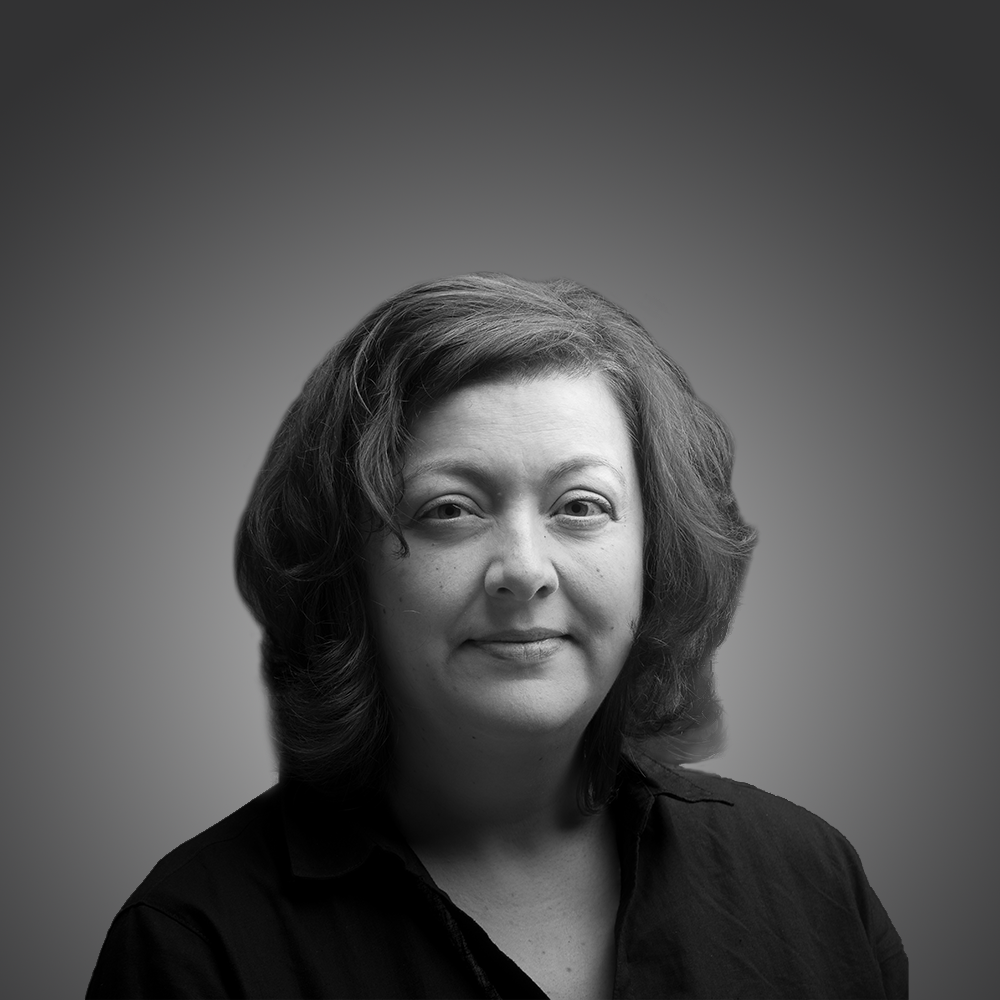

Özlem Sensoy
Director


Özlem Sensoy is the inaugural director of the Cassidy Centre for Educational Justice. She is also Professor of Education in the Faculty of Education, an associate member of the Department of Gender Sexuality and Women’s Studies, and an affiliated faculty member with the Centre for Comparative Muslim Studies at Simon Fraser University. Her primary field of research is social justice education. Social justice education seeks to reveal how inequities become embedded in the fabric of society, and to identify strategies to advance change for greater justice. Her research examines the opportunities and barriers inherent in advancing a more equitable and just society, through social justice education. Her work occurs along two parallel trajectories: analyzing how inequities are reproduced in social institutions (such as schools, universities, media, policing), and identifying constructive interventions to interrupt them (such as developing social awareness via pedagogical approaches, institutional literacy, and political/civic action). Her research has been published in journals including Radical Pedagogy, Rethinking Schools, Gender & Education, Race Ethnicity and Education, and the Harvard Educational Review. She is the co-author of the award winning books: Is Everyone Really Equal? An Introduction to Key Concepts in Social Justice Education; and Muslim Voices in School: Narratives of Identity and Pluralism.
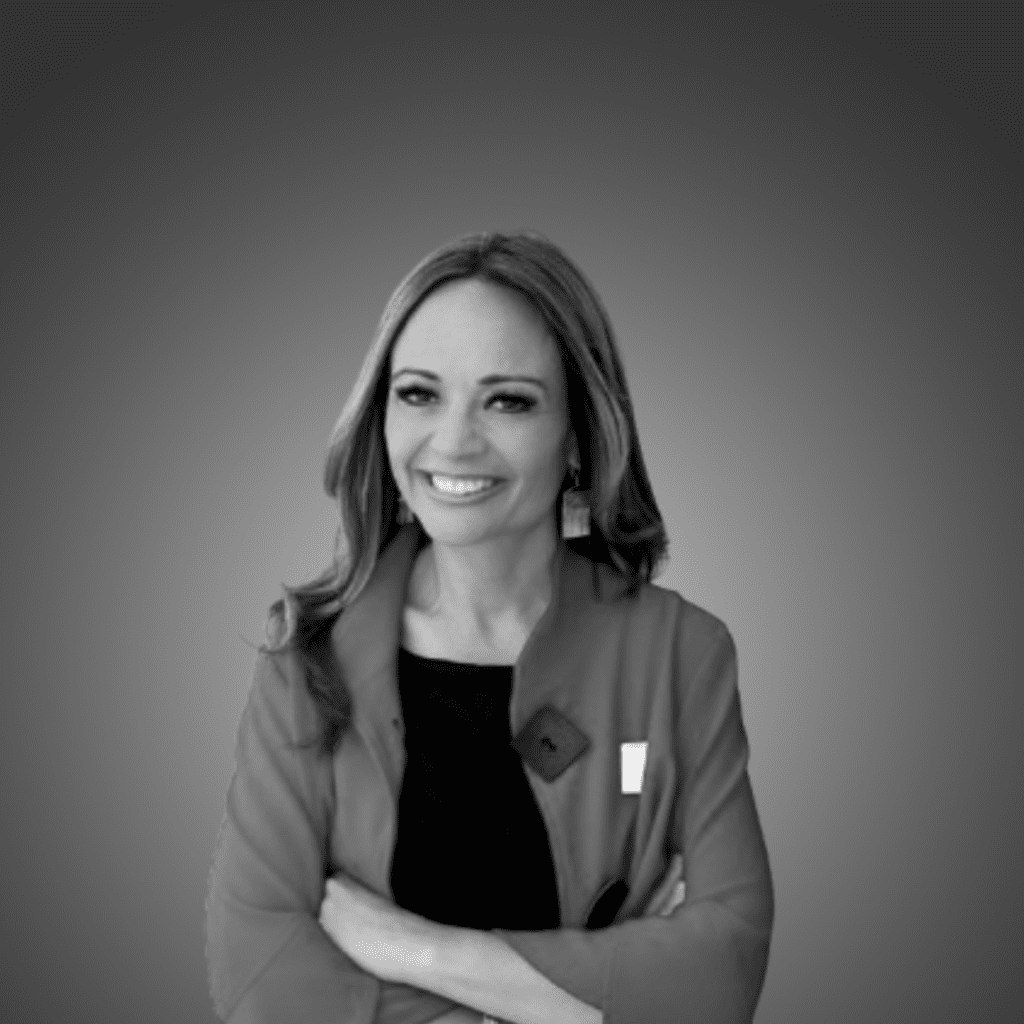

Amy Parent
Associate Director


Dr. Amy Parent is the incoming Associate Director for the Cassidy Centre for Educational Justice. She is a citizen of the Nisga’a Nation and carries the hereditary name, Noxs Ts’aawit (Mother of the Raven Warrior Chief) on her mother’s side of the family. She is from the House of Ni’isjoohl and is a member of the Ganada (frog) clan in the village of Laxgalts’ap. On her father’s side of the family, she is of Settler ancestry (French and German). Dr. Parent is an Associate Professor and Canada Research Chair (Tier 2) in the Faculty of Education at Simon Fraser University (SFU). She has also recently been appointed a member of the Indigenous Research Leadership Circle with the Tri-Council Agencies. Since returning the SFU Faculty of Education in 2022, she has focused her decolonizing efforts with the Curriculum and Instruction: Equity Studies in Education Program Cognate and supporting the Indigenization of the faculty’s governance, programmatic, and course offerings in collaboration with the Indigenous Education Reconciliation Council. She also continues her commitment to supporting Indigenous self-determining research through her Canada Research Chair programme which aims to strengthen and support on-going matriarchal led leadership processes to attain B.C. First Nations control of Indigenous research jurisdiction and governance.

Research Staff
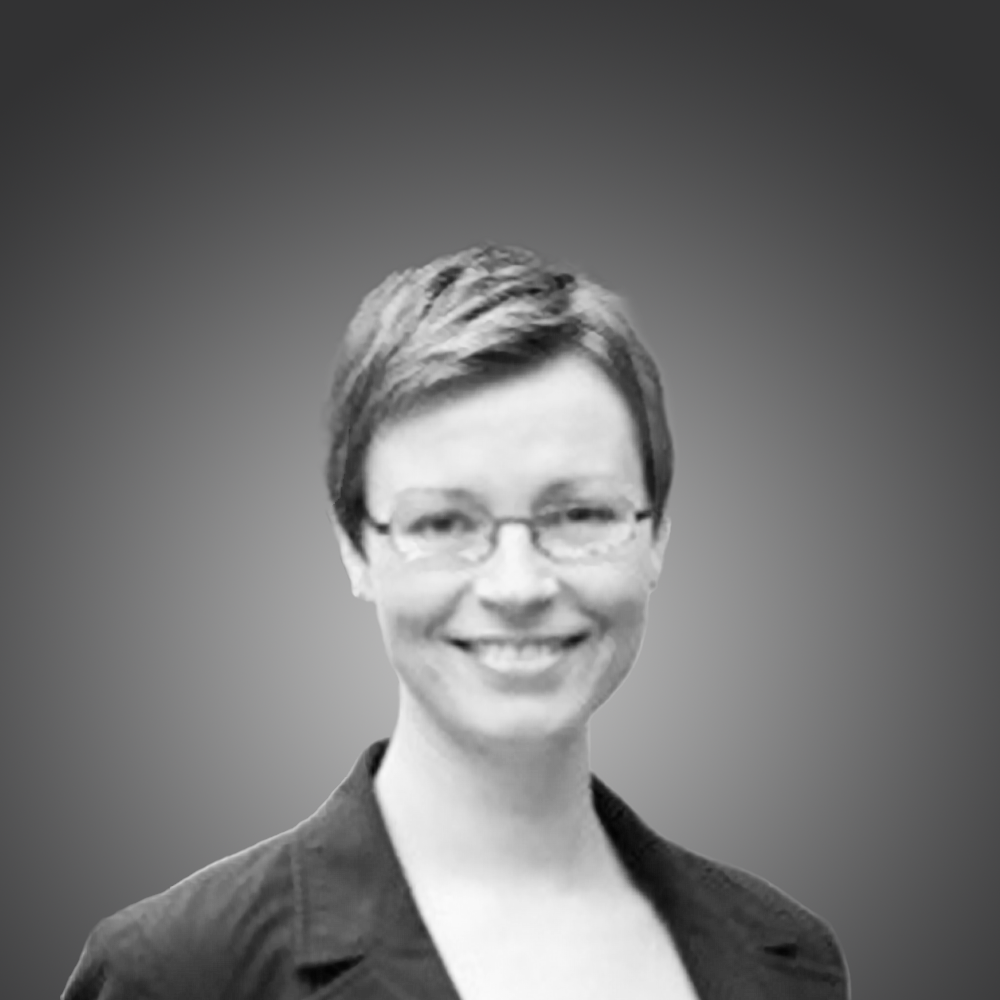

Sabrina Ngo
Lead Research Assistant & Centre Coordinator


Sabrina Ngo is a doctoral candidate in the Educational Theory and Practice Curriculum and Pedagogy stream at Simon Fraser University. Sabrina has been an instructor and curriculum developer in the legal programs within Continuing Education at the University of the Fraser Valley since 2013. During this time, she has also developed and co-facilitated workshops related to addressing settler-colonialism as a structure within continuing education and participated as a member of the Equity, Diversity, and Inclusion Working Group. Sabrina’s research interests include the exploration of decolonizing practices within vocational/continuing education programming in post-secondary institutions. Prior to entering the education field, Sabrina worked within the legal industry as a paralegal in both private and public sector organizations.
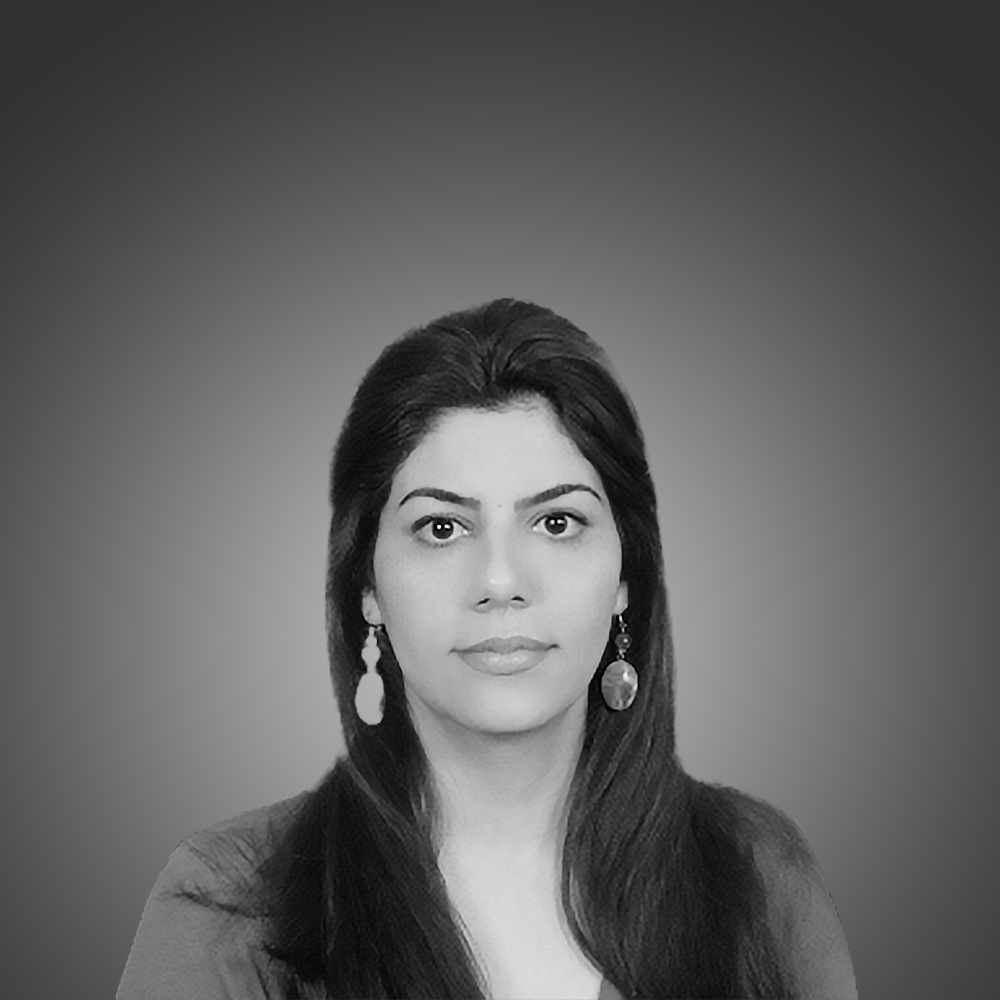

Somayeh Bahrami
Research Assistant
Somayeh Bahrami is a PhD candidate and Joseph Armand Bombardier doctoral fellow with the Department of Gender, Sexuality, and Women’s Studies (GSWS) at Simon Fraser University. She is working as a Course Supervisor, Teaching Assistant, and Research Assistant in the GSWS and History departments, Sessional Instructor in the Faculty of Education, Teaching Assistant in the school of Criminology, as well as a Researcher with CCEJ. The focus of her current research with CCEJ is the study of Islamophobia and societal views toward Muslims in Canada, and how these feelings, behaviors, discourses and structures are manifested. Somayeh is deeply engaged with feminist and political thought, including the analysis of gender, family, and labour, and the intersection of race, ethnicity, class, and spirituality. Her doctoral dissertation focuses on the intersectional experiences of gendered, sexed and racialized bodies with particular attention to major political, cultural, and economic changes in societies. Her work draws on oral history, narrative inquiry, emotion, affect, diasporic memories, archival research, photo/video elicitation, and Islamic/Geometric art.


Priya Gill
Research Assistant
Priya is in her second year at Simon Fraser University (SFU) working toward her Bachelor of Education degree. Prior to SFU, Priya kept busy in high school alongside being enrolled in a dual credit program. This allowed her to complete the Early Childhood Educator Assistant (ECEA) certification. She worked as one of the youngest ECEAs in the lower mainland and learned that working and advocating alongside children was her passion. Now, as a university student, Priya continues her journey to explore and understand social issues and their impact on educational and societal systems. With a busy schedule, Priya values self-care by choosing at least one thing a day to bring her joy; this may be going to the gym, spending time with family and friends or watching a good movie.


Annika Puls
Research Assistant
Annika Puls is a fourth year undergraduate student at SFU. They are working towards a Bachelor’s degree in both Political Science and Gender, Sexuality, and Women’s Studies, along with a minor in Social Data Analytics. They have a strong interest in social justice issues, particularly those related to the LGBTQ+ community. Outside of school, they enjoy attending concerts, reading, and spending time with their cats.
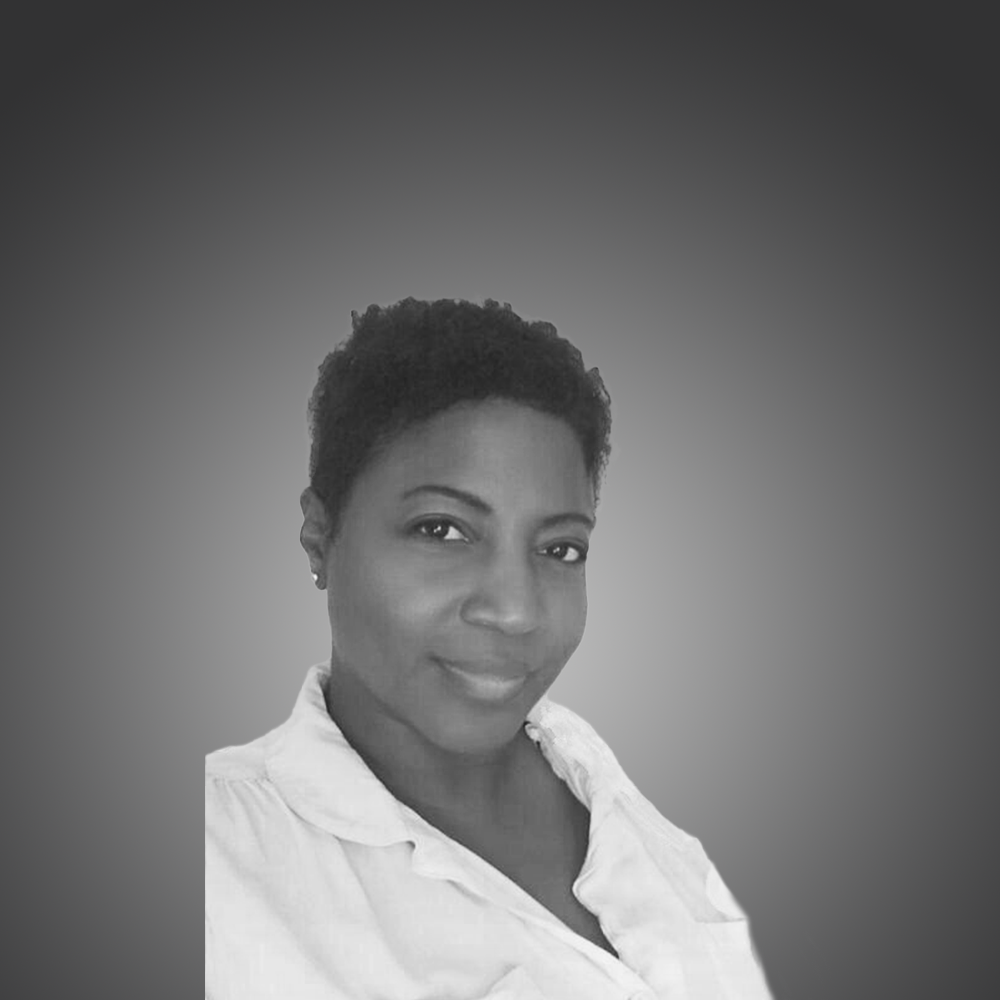

Carolyn Tinglin
Research Assistant
Carolyn Tinglin is a PhD candidate in the Educational Theory and Practice (eTAP): Curriculum and Pedagogy Stream. Carolyn’s doctoral research examines relationships between professional development, teacher practice, and racially diverse special education classrooms. She is also one of the team leaders of the Youth Alliance of Intersectional Justice (YAIJ.org), a Black youth-led collective of neurodiverse youth with and without dis/abilities. She is an SFU Community Education Impact Graduate Award recipient and is working as a research assistant with CCEJ.


Gloria Lin
Postdoctoral Fellow
Gloria (Yu-ting) Lin, PhD, is a first-generation Taiwanese scholar. Recognizing the privilege of growing up on the traditional, ancestral, and unceded homelands of the xʷməθkwəy̓əm, Sḵwx̱wú7mesh, kʷikʷəƛ̓əm, qiqéyt and səl̓ilwətaɁɬ təməxʷ peoples (also known as Burnaby), Gloria is committed to carrying out her responsibilities as a racialized settler. Her research and teaching focus on unpacking the legacies of racism, colonialism, and imperialism in the public school and higher education systems and advocating for justice, equity, and inclusion for Indigenous and marginalized communities. Working with Dr. Amy Parent, Gloria continues to research Indigenization, decolonization, equity, diversity, and inclusion. Her most recent publication—co-authored with Dr. Parent and several SFU Faculty of Education doctoral students—was prepared in collaboration with Indigenous learners, teachers, and parents for the Maple Ridge and Pitt Meadows School District and is a significant piece of empirical research. The report’s 97 recommendations highlight the need for “a transparent and authentic commitment to Indigenous education, while addressing anti-Indigenous racism and equity” (Parent et al., 2022, p. 3).

Steering Committee
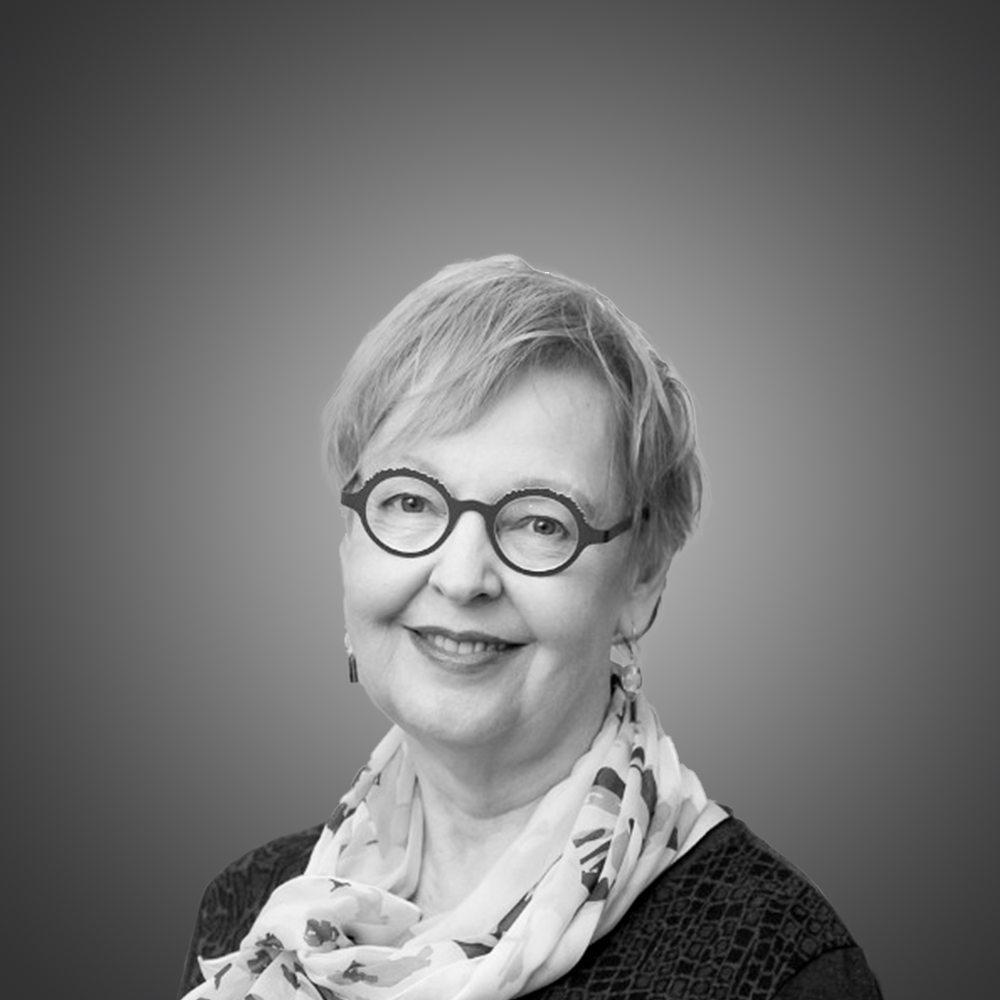

Wanda Cassidy
Professor Emerita and Founding Director of the Centre for Education, Law and Society


Wanda Cassidy
Professor Emerita and Founding Director of the Centre for Education, Law and Society
Wanda Cassidy is Professor Emerita of Education at Simon Fraser University and was Director of the Centre for Education, Law and Society. She co-founded CELS in 1982, and acted as its director until her retirement on December 31st, 2022. Her research and writing over the past four decades focused primarily on law-related education/legal literacy of youth, the ethics of care as understood and enacted in schools, as well as cyberbullying/cyberkindness at K-12 and post-secondary. Over her lengthy career, she published six books, over 100 articles/reports, multiple curriculum resources for schools, and co-produced 10 films. She regularly appeared in the media to provide a research-based perspective to current educational issues. Dr. Cassidy is the recipient of the prestigious Isidore Starr Award from the American Bar Association for excellence in law-related education, the SFU Excellence in Teaching Award, and the SFU Faculty of Education Community Engagement Award.
She is honoured to serve on the Steering Committee of the inaugural Cassidy Centre for Educational Justice, named in her honour.
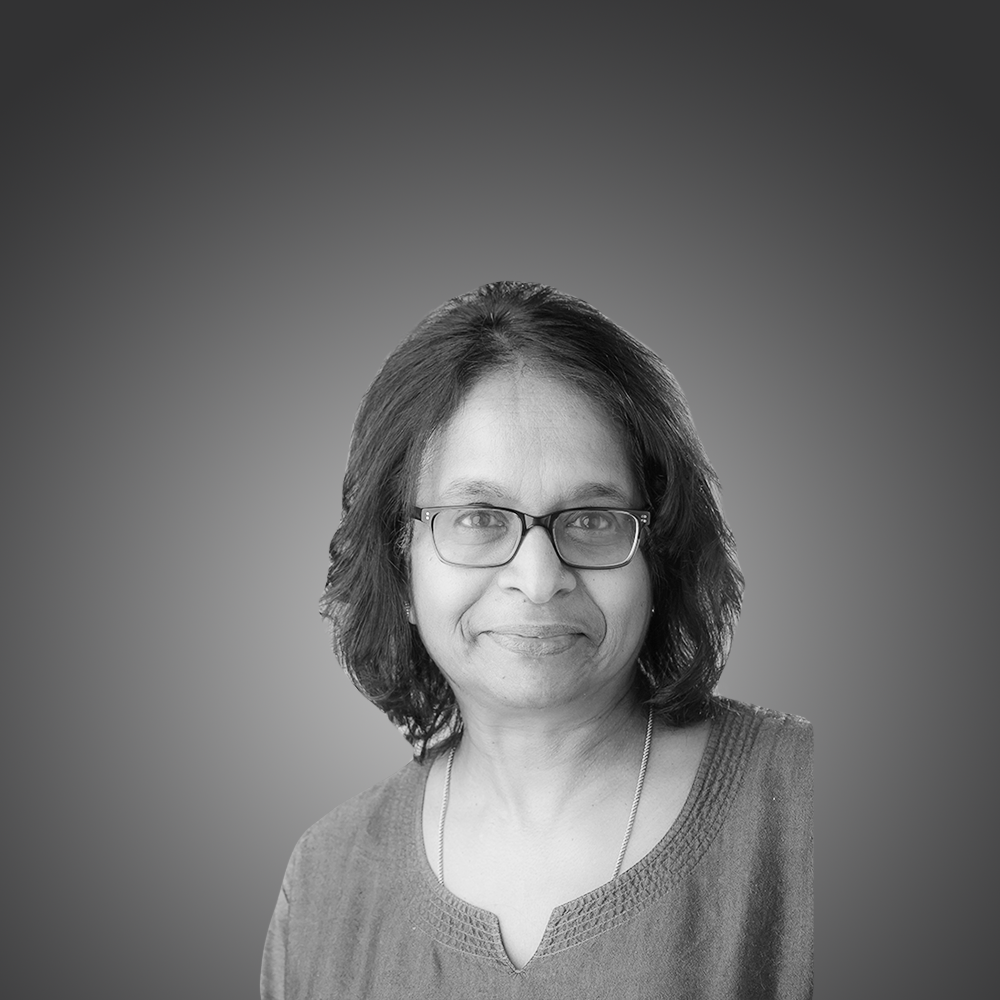

Kumari Beck
Professor and Co-Director of the Centre for Research on International Education


Kumari Beck
Professor and Co-Director of the Centre for Research on International Education
Dr. Kumari Beck is a Professor and Co-Director for the Centre for Research on International Education in the Faculty of Education at Simon Fraser University, as well as the Past-President of the SFU Faculty Association (2021-2025). Dr. Beck’s research focuses on university internationalization including student, faculty, staff and administrator experiences, curriculum and pedagogy and issues of equity in higher education. Her teaching and research interests span international education, equity studies in education, anti-racist and multicultural education, globalization, postcolonial theory, and learning and teaching in post-secondary institutions. Her engagement with and long experience in international development and NGO governance has informed much of her academic work.
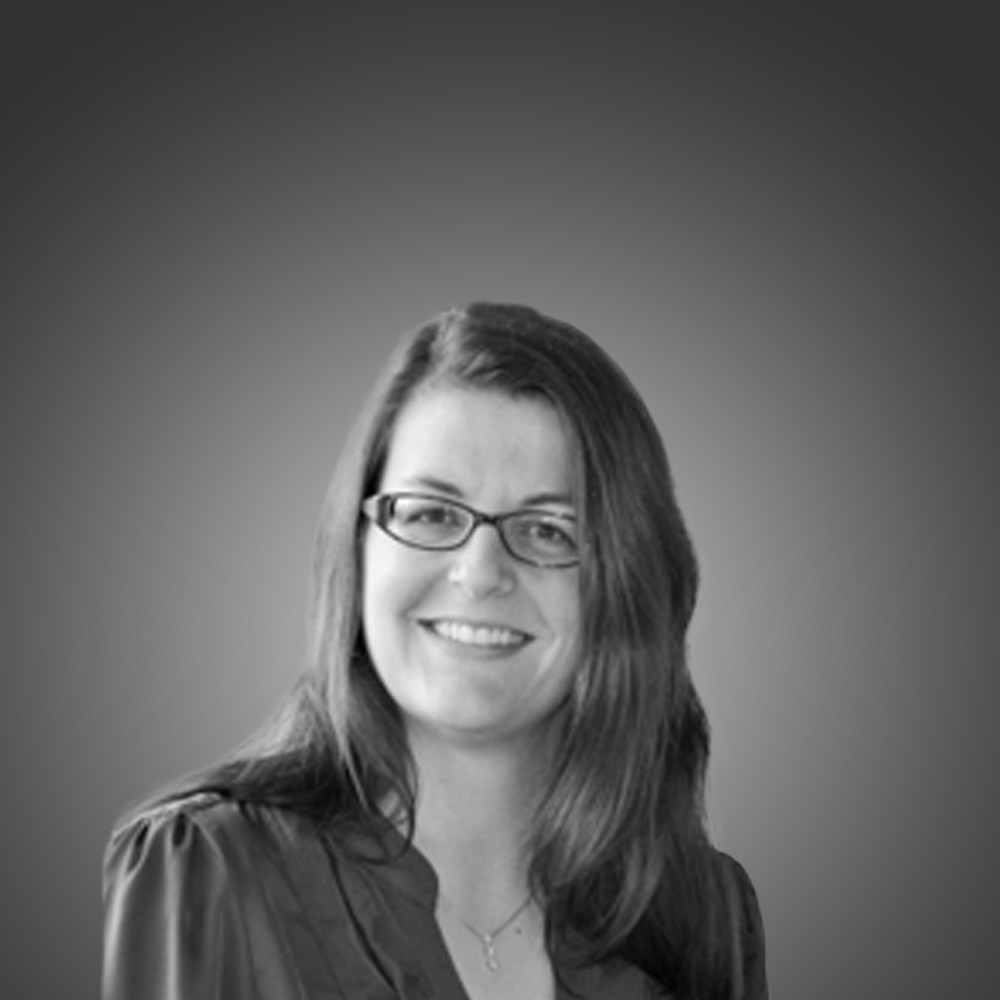

Chantal Faucher
Chair, Department of Criminal Justice, Langara College


Dr. Chantal Faucher is Chair of the Department of Criminal Justice at snəw̓eyəɬ leləm̓ Langara College, and is also adjunct faculty in SFU’s Faculty of Education. Dr. Faucher’s work with CELS spanned more than 10 years, and she now serves in an advisory capacity for CCEJ. Her research and writing have focused on cyberbullying in K-12 and post-secondary learning environments, as well as the role of media in shaping public understanding of youth, gender, crime, law, and justice.
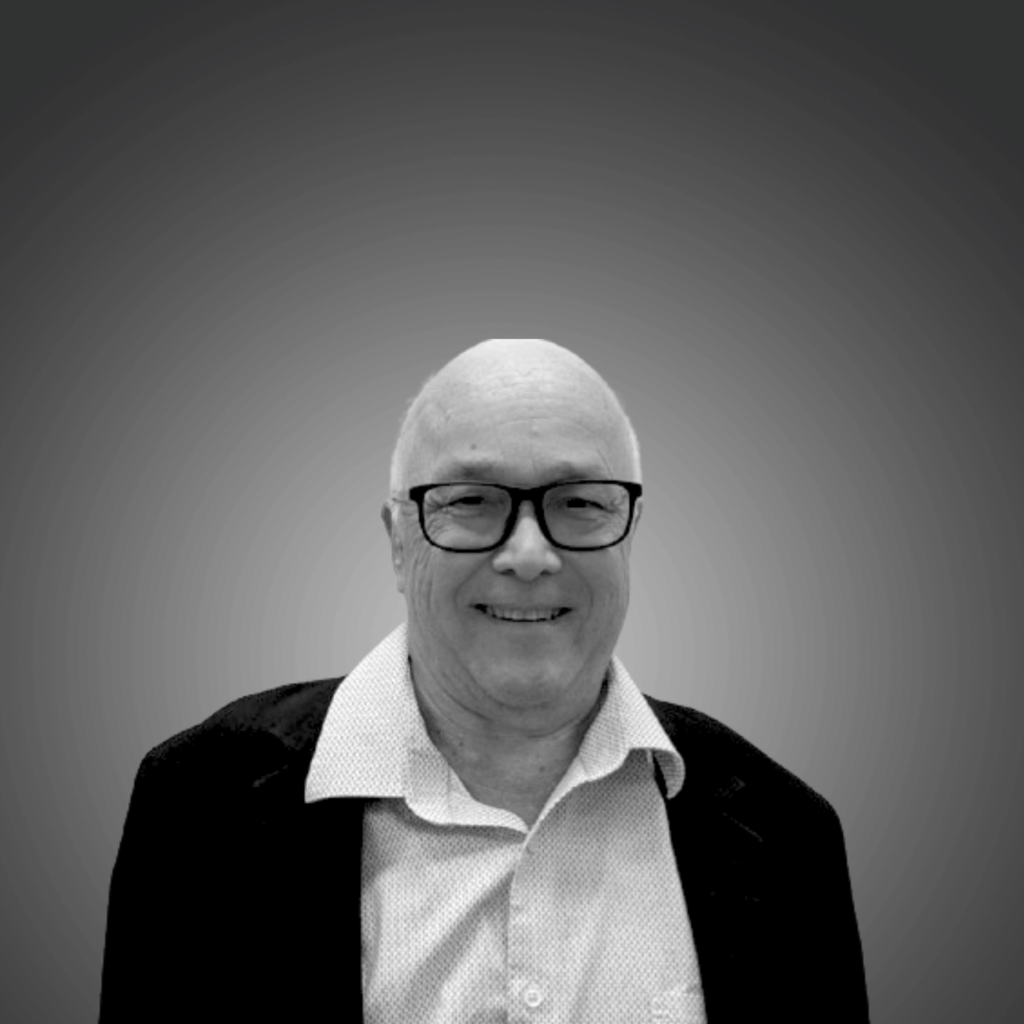

Wayne Robertson
KC and Executive Director, Association of Legal Aid Lawyers of BC
Wayne Robertson KC was called to the bar in BC in 1983, and awarded his KC (then QC) in 2009. He has been the Executive Director of the Association of Legal Aid Lawyers of BC since 2020, and is the past ED of the Law Foundation of BC (1999-2020). Prior to that, he worked with the Legal Services Society and was in private practise as a litigator for 12 years. Wayne’s professional career has been devoted to public service, advocacy and the advancement of justice in civil society. As Wayne has said, “we’re in a very dangerous time in the world right now where the role of civil society and the role of democracy is being attacked. In times like this it’s more important than ever that the rule of law and the role of civil society be promoted.. and [CCEJ] has been at the centre of making that happen, of improving that understanding for as many people as possible.” CCEJ is delighted to be the beneficiaries of Wayne’s decades of experience, expertise, and knowledge promoting the values of democracy and civil society in BC.


